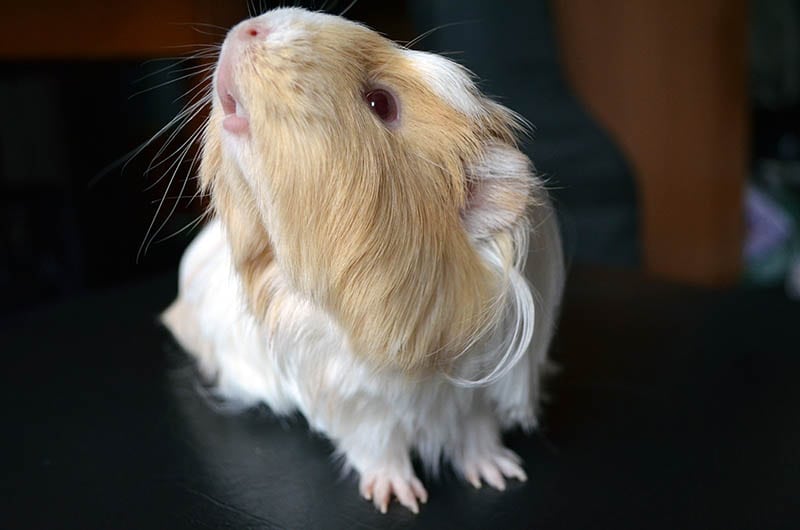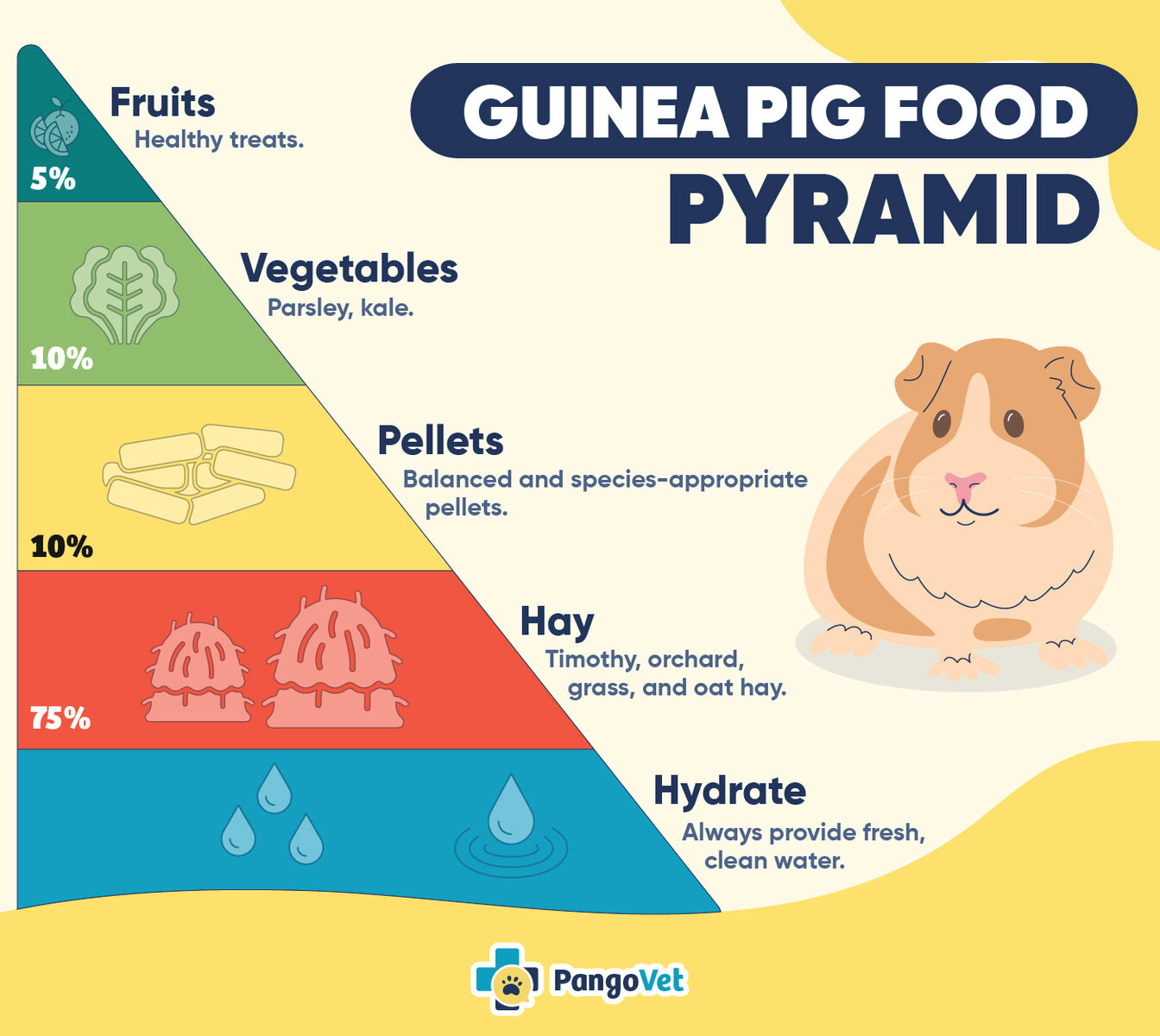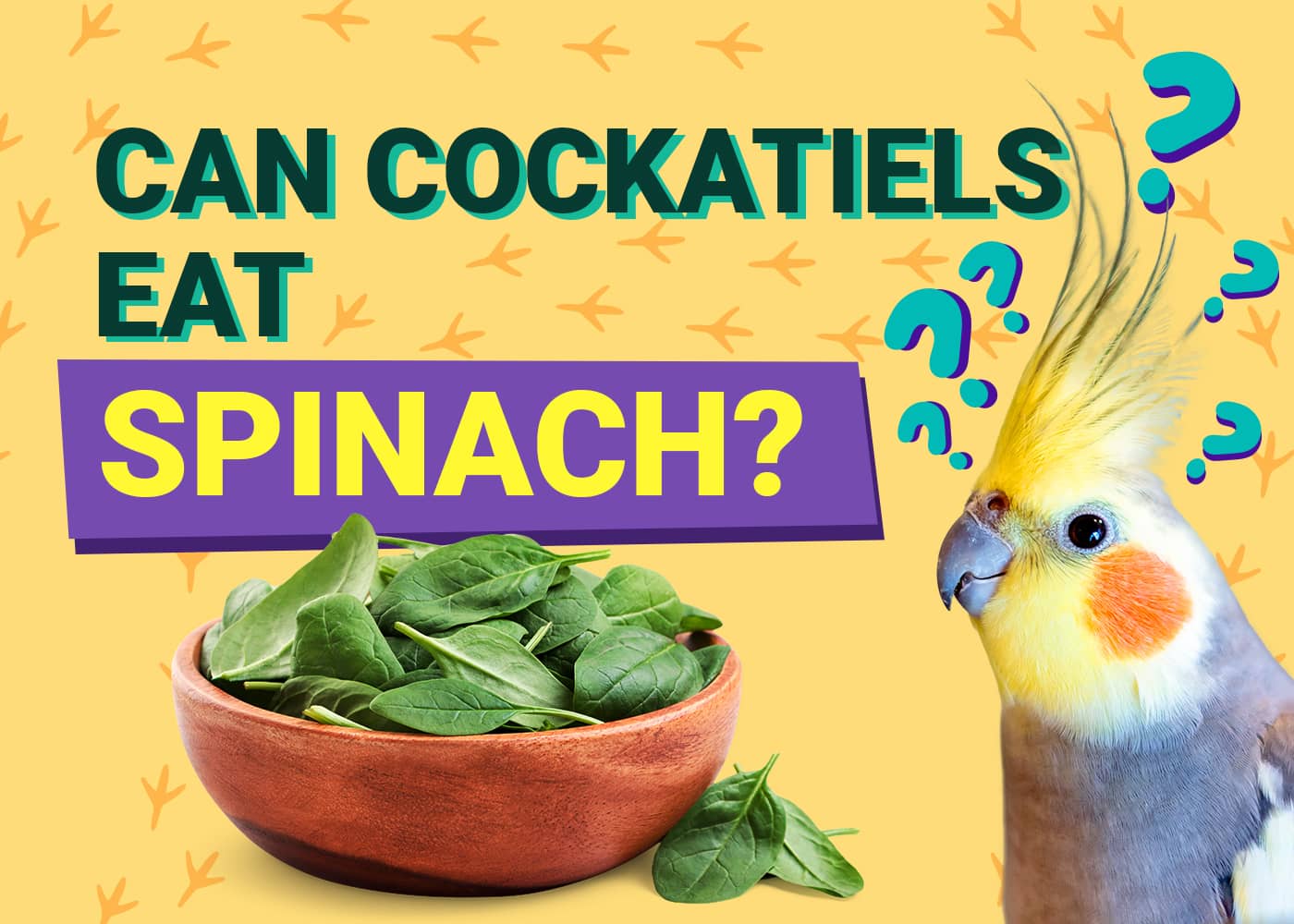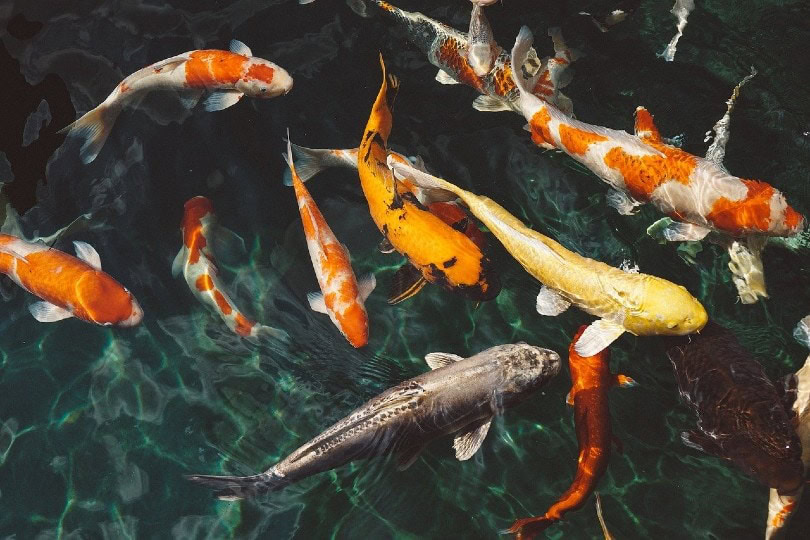VET APPROVED

The information is current and up-to-date in accordance with the latest veterinarian research.
Learn more »Click to Skip Ahead
Guinea pigs are small, lovable, adorable little pets that need special care and attention. Being a guinea pig owner means learning as much as you can about these little pets to ensure you properly care for them. One vital piece of information is feeding your guinea pig foods that are not harmful to their sensitive digestive systems. Providing the occasional rice treat is fine for dogs, but what about guinea pigs? Can guinea pigs eat rice? Sadly, no, you should not feed your piggy rice.
Read on to learn why you shouldn’t give your piggy rice and what are more suitable treats for your little piggy.

Why Can’t Guinea Pigs Eat Rice?
As we’ve mentioned, guinea pigs have sensitive digestion systems. They are herbivores and require access to grass hays (preferably Timothy hay) 24/7 for optimal health, and their digestive systems are not meant to digest grains. Piggies should also never eat cooked food, and if you were to give your piggy rice, it would have to be cooked. Also, piggies shouldn’t eat rice because rice is loaded with carbohydrates, and their digestive systems cannot tolerate complex carbs and sugar.

What Treats Can I Give My Guinea Pig?
Like any companion animal, pet owners like to give their pets a little extra treat from time to time, but this needs to be done safely. For piggy owners, treats and human foods should only be given occasionally.

Tips for a Healthy Diet for Your Guinea Pig
Guinea pigs are herbivores and require high-quality grass hays in their daily diet. Timothy hay is an excellent choice, and your piggy should have access to hay 24/7. Hay should make up the majority of your piggies’ diet. Timothy hay allows for smooth digestion, and it also limits teeth growth. Guinea pig teeth continuously grow, and Timothy hay helps keep them at an optimal length.
Your guinea pig’s diet should also contain a healthy balance of fruits and vegetables. Guinea pigs do not make their own vitamin C, so they must get it from their food. Guinea pig commercial extruded pellets contain a balance of vitamins and minerals and should be part of their daily diet. One cup of veggies can be offered once daily, consisting of leafy greens like romaine lettuce, green leaf lettuce, parsley, kale, and cilantro. Broccoli is loaded with vitamin C and can be given daily in small amounts. Your piggy can also enjoy carrots, tomatoes, zucchini, and sweet potatoes twice a week.
Fruit is an excellent addition to your piggy’s diet but should only be given in small amounts due to its sugar content. Try a small wedge of apple, a few blueberries, and even a small bite of banana occasionally. Avoid dried fruit, as dried fruit contains lots of sugar. It’s vital to introduce these foods gradually to avoid tummy upset. If you notice loose stool, decrease the amount of fruit.


Final Thoughts
Guinea pigs are wonderful pets that can offer unique companionship to their owners. These adorable little fluff balls are relatively easy to care for if you educate yourself on how to care for them properly. Never feed your piggy cooked foods (including rice), and always provide a healthy balance of hay, pellet food, fruits and veggies. Always offer continuous access to fresh water, and monitor your piggy’s weight and bowel habits to ensure you’re not giving too many extra treats.
Featured Image Credit: Amarita, Shutterstock










